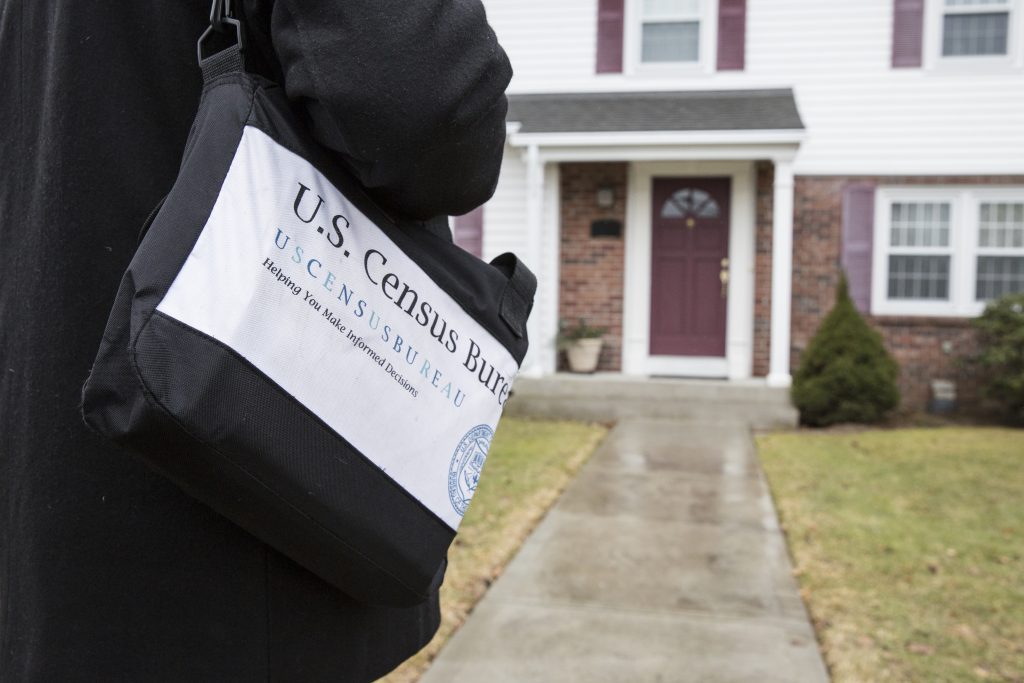Here’s How Detroit Will Count Every Resident for the 2020 Census
The city is gearing up for the 2020 U.S. Census, and needs residents help to make sure Detroit doesn’t lose out on $1,800 per person, per year in potential funding.

Detroit had the lowest U.S. Census participation rate out of the entire nation in 2010. Now, the city is determined to do better.
It costs Detroit an estimated $1,800 per person, per year in funding for every Detroiter who does not get counted. Ten years ago, Detroit missed almost 40 percent of residents.
Click on the player above to listen to this story.
“The messenger is more important than the message,” says Victoria Kovari, head of Detroit’s 2020 Census campaign. “We are recruiting people who have an authentic voice to convince people about why it’s important. Because I can say something, but it doesn’t carry as much weight.”
“It’s still going to be a hard sell. But our hope is that we can break through.” — Victoria Kovari, head of Detroit’s 2020 Census campaign
Get counted
Census counts determine resources for everything: Ranging from legislative seats, to money for schools and even bike lanes.
“It’s still going to be a hard sell. But our hope is that we can break through like we haven’t before using those authentic messengers, non-traditional folks, to say why it’s important and why it matters that you’re counted as a Detroiter.”
Kavari is relying on community members to have a better understanding of the actual lay of the land and where people might be living off-the-grid.
“I’m not missing a spot. We want the dollars because the dollars are going to enhance our quality of living and give us what we need to be better.” — Rosalind Ogborn, community leader
An army of advocates
The city is working with neighborhood organizations to get over 2,000 people on the ground and knocking on doors.
“Come with an open heart, loving hands and just some respect for our people,” says Rosalyn Ogburn, a Warrendale block club president and housing organizer for Detroit Action. She’ll start sharing census information with her community this month.
Ogburn leads teams of 10 to 15 canvassers through sparsely popular blocks that are easy to undercount, partially for safety considerations.
“I’m not missing a spot,” she says. “We want the money, we want the dollars because the dollars are going to enhance our quality of living and give us what we need to be better.”
Even though there’s a long road ahead, Ogburn remains optimistic.
“The reality is, each individuals needs to be touched, empowered and uplifted,” she says.
The Census goes live in March 2020. So Ogburn and others have a few more months to encourage other Detroiters to help get their neighbors counted.
